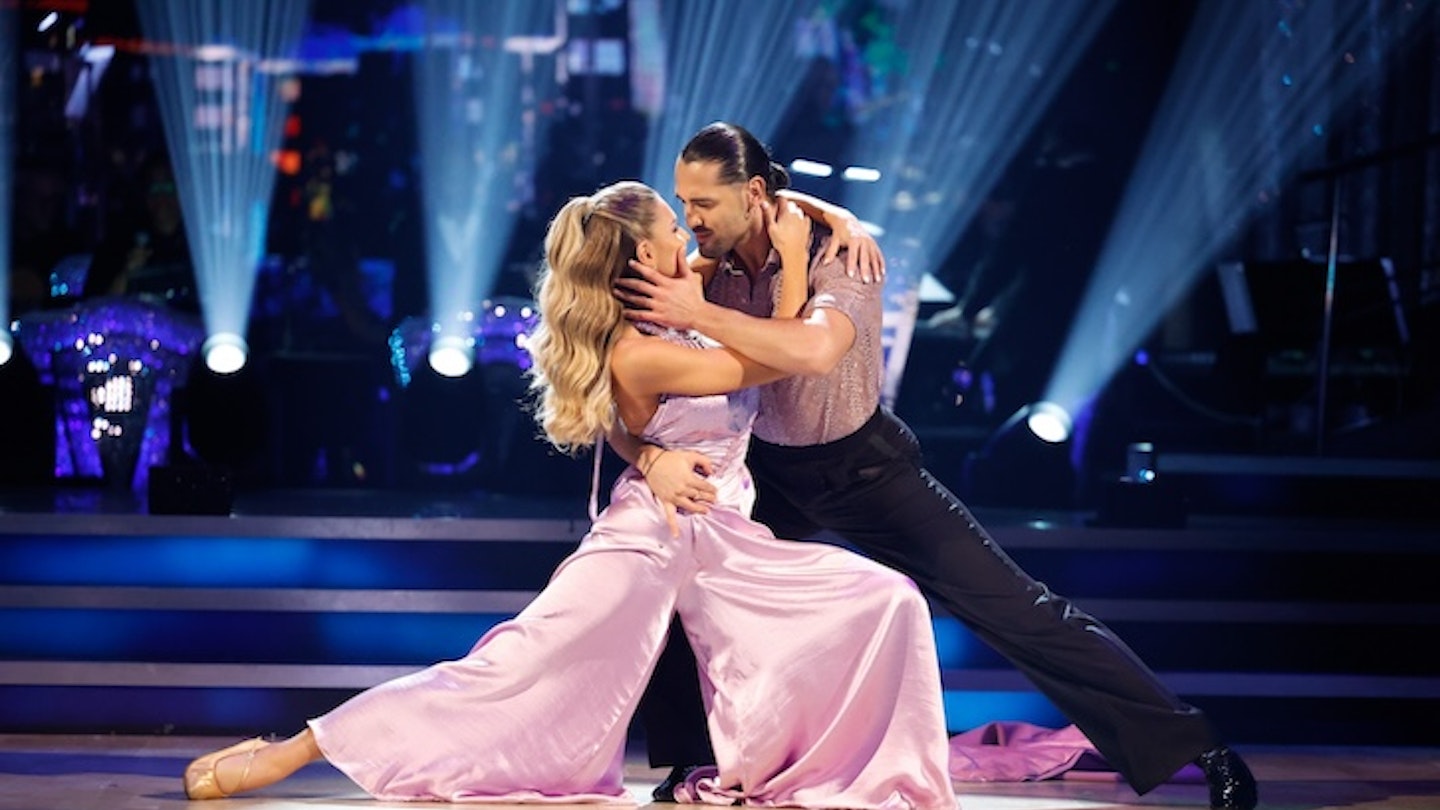For the last two decades, British summertime has been a fortuitous season for Strictly Come Dancing, the BBC’s camp annual celebrity dance competition. It is the calm before the storm, when the lucky influencers, ambitious radio DJs, slightly past-it comedians, soap opera hopefuls and fame-hungry former MPs put in the final preparations for trial by Craig Revel Horwood. Strictly is a reputable kind of murder on the dance floor. In an unusual twist of events, however, British summertime 2024 has turned into the storm itself. On the eve of its 20th anniversary, the show has found itself the entertainment story of the season for all the wrong reasons.
Trouble has been brewing since the mystery withdrawal of Sherlock actor Amanda Abbington midway through last year’s show. In a series of taciturn exchanges, played out mostly on the pages of the tabloids, Abbington and her former dance partner, Giovanni Pernice, have thrown accusations at one another about off-set behaviour. More former contestants have come forward to suggest that all is not the tinsel-topped glitter-fest Strictly appears and Pernice has been let go from this year’s competition. Zara McDermott’s former partner, Graziano Di Prima, has also gone, amid accusations of abusive behaviour in rehearsals. Another former contestant, the Reverend Richard Coles, has said the show has ‘a dark heart’. When the vicar starts noticing, the BBC is in trouble.
Turning into a horror story is categorically not what audiences tune in to Strictly Come Dancing for. It is the benign, sprightly tonic that lifts the spirits on a Saturday night through autumn. It has outlasted its only real reality rival, The X Factor, and consistently outperforms The Great British Bake Off. Even the judges’ tart responses are delivered with pantomime villainy, setting up the inevitable moment when one softens and sheds a crocodile tear at a contestant’s plucky samba.
Strictly is a giddy blast of primetime entertainment, a dazzling triumph of amateurism over finesse. When the first deaf contestant and former EastEnders actor Rose Ayling-Ellis performed a pirouetting lift finale to 30 seconds’ silence, there was even the jaw-dropping intimation that beyond its gratuitously frothy exterior, Strictly was a force for societal good.
The show has introduced same-sex dancing partnerships with ease, modernising the frosted old rule book of the ballroom. In Len Goodman and Bruce Forsyth it has weathered the deaths of two key figures who helped shape its success. The delightful camaraderie between hosts Tess Daly and Claudia Winkleman is a manifestation of the British class divide joining hands for a common goal, like Saltburn in reverse. Strictly has introduced the casual superlative ‘Fab-u-l_ous_, darling’ into everyday conversation and made national treasures of the Mabuse sisters. The surface appeal of the show is built on a tidal wave of audience goodwill. It should still be a 10 from Len.
The BBC’s response to the tarnishing of Strictly’s reputation suggests there may be further disruptions to come. Welfare officers will be appointed to the new intake of contestants, intimating that learning to dance on the show is more Black Swan than the platitudinous enthusiasm of contestants implies. With two former contestants having gone on record about harassment and others chipping in to offer their experiences, the curse of Strictly has taken on new meaning.
If something is seriously broken here, it needs fixing. With streaming nipping at the heels of all available screen hours, the five big British channels have their work cut out. Let’s just hope that whatever has gone so wrong at Strictly gets sorted now. Nobody needs the nights closing in without it.
